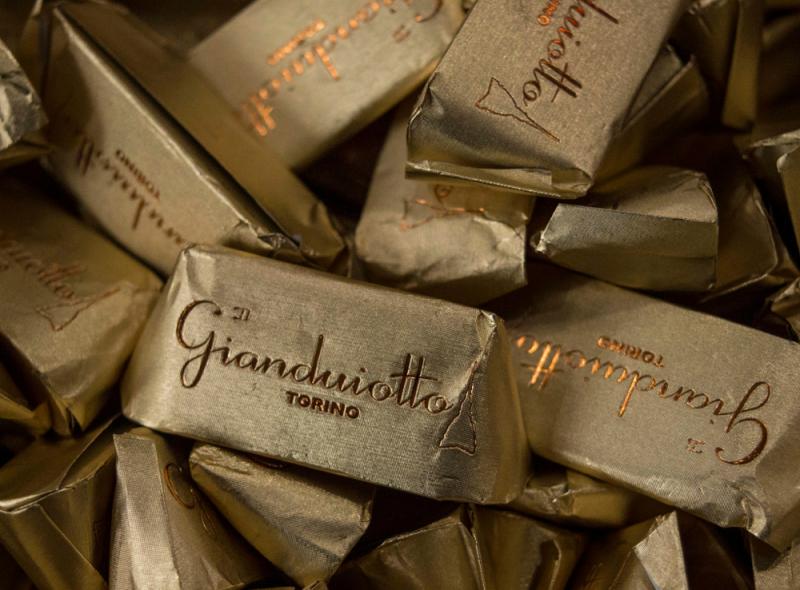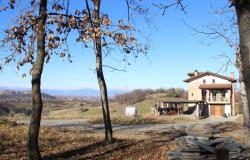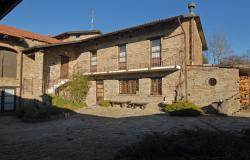Confectionery corporation Chocoladefabriken Lindt & Sprüngli AG, better known by the brand name Lindt, appears to have settled a months-long dolce dispute with the Piedmont region and a group of Italian artisanal and industrial chocolate makers. The clash grew out of a petition for the gianduiotto — a famous chocolate-hazelnut candy native to Turin, and a business worth €200 million, according to Il Sole 24 Ore — to receive Protected Geographical Indication (PGI) recognition.
The background
Lindt acquired the Italian chocolate manufacturer Caffarel as a subsidiary in 1997. Caffarel, registered as a historical brand of national interest by the Ministry of Business and Made in Italy, has been producing gianduiotti torinesi since 1865.
Back in 2022, about 40 Italian chocolatiers, chaired by Guido Castagna and including Ferrero, Venchi, Domori and Peyrano, began formally working toward PGI recognition for gianduiotti. (A PGI designation, known in Italian as Indicazione Geografica Protetta or IGP, is one of three main types of EU-governed “quality assurance labels.” Examples of Italian PGI products include Riso Nano Vialone Veronese, Radicchio Rosso di Treviso and Sicilian Blood Oranges.)
While the Castagna-led chocolatier contingent wants to require that the metallic foil-wrapped candies be produced in Piedmont and follow a strict formula of cocoa, sugar and 30-45% Piedmontese roasted hazelnuts, Lindt’s Caffarel uses fewer hazelnuts and incorporates powdered milk into its recipe.
Lindt never exactly pushed for the PGI recipe requirements to change, but had raised the point that registering the name Gianduiotto di Torino PGI could place its own trademark in danger.
But as Piedmont governor Alberto Cirio told reporters, “PGI recognition is not meant to be a commercial brand, but a tool to guarantee this confectionery delicacy as the common heritage of all Piedmont.”
The chocolate compromise
In late February, Lindt and Piedmont appeared to reach a compromise after the corporation raised its concerns. Lindt’s Caffarel will still be able to make the chocolate in their Luserna San Giovanni (Turin) plant under the brand name “Gianduia 1865 — the authentic Gianduiotto of Turin.” To sweeten the deal for the other side, the Swiss company agreed to allow the PGI recognition process to move forward without further pushback.
Lindt itself, however, won’t be able to place the PGI label on its products. (But the group reported €5 billion in revenue and double-digit growth for 2023, which should cushion the blow.)
As the final step in the PGI approval process, Minister of Agriculture Francesco Lollobrigida must green-light the chocolatiers’ request before it is handed over to Brussels.














